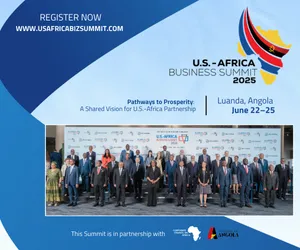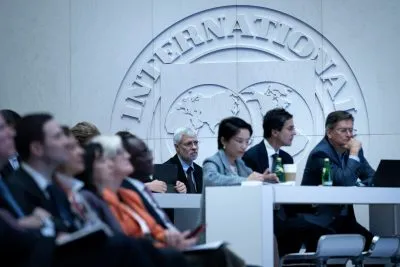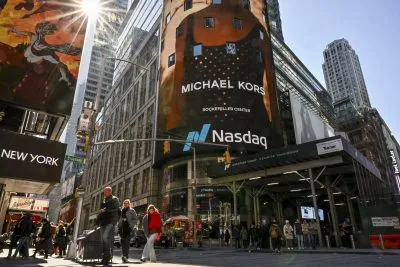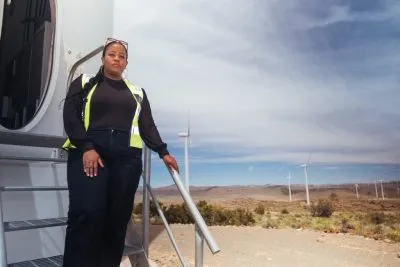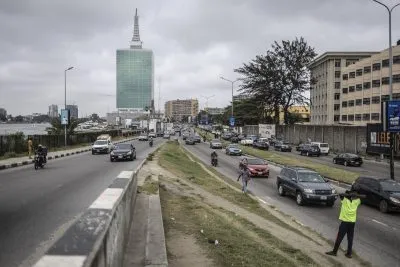Two centuries after the British East India Company established a presence off the southern tip of the Malay peninsula, few Singaporeans need reminding of the pivotal role that trade has played in their national story.
But for those with a short memory, a simple glance out to sea passes for a history lesson. Hundreds of tankers queue offshore at all hours of the day, waiting for their turn to unload thousands of tonnes of goods into the city-state’s teeming container ports.
Yet although Singapore is a hub for trade connections from Mumbai to Melbourne, few of those tankers have made the 7,000km trip from Africa. The lack of trade links with the continent is a rare omission for a country that prides itself on its global pull. Of Singapore’s $884bn of trade with the world in 2015, only 1% was with Africa, according to government figures. That compares to 15% with China, 10% with the United States and 13% with the European Union.
A new push by policymakers is seeking to redress the balance. After the five-day visit to Uganda and Tanzania in April by Dr Koh Poh Koon, minister of state in the Ministry of Trade and Industry, it’s a project that has begun in earnest.
“Hopefully over the next few months to a year, we will take the time to visit more African countries,” says Dr Koh. “We are interested in the longer term in pursuing stronger trade relations through things like free trade agreements and investment treaties.”
Having largely avoided Africa through the decades of political turmoil following the continent’s independence, Singapore now finds itself a bit-part player among Africa’s burgeoning Asian partners. One sign of this neglect is the paucity of free trade agreements between Singapore and the continent – there are currently just four bilateral investment treaties and three double taxation avoidance treaties in place with African nations.
Charm offensive
In response, the government is planning to expand its charm offensive. A series of bilateral visits could lay the groundwork for free trade deals in the years ahead – but Dr Koh cautions that both sides will need to show a willingness to compromise if the agreements are to be anything more than symbolic.
“The thing about free trade deals is that every country needs to feel they’re ready for it,” he says.
“In order to have an agreement, both parties must reach a level where they can conduct it together. So I think at this moment I can say that African nations are conversing well, but not all are equal. Some countries are more ready in the near future to embark on something… There’s always the fear factor of opening up and allowing new competition.”
Nevertheless, progress is evident. Government representatives are expected to put the finishing touches to a bilateral investment treaty with Rwanda. That might be several notches down from a full free trade agreement, but it ought to provide legal certainty and a reliable investment framework for dealmakers from both countries.
Meanwhile, International Enterprise Singapore, the country’s overseas trade and business promotion agency, has established offices in Accra, Ghana, and Johannesburg, South Africa, in order to build on the fragile links.
Room for improvement
If the thorny issues around trade can be navigated, Dr Koh believes there are many areas in which Singapore-Africa business ties can improve. Singapore exported some $8.4bn worth of products to Africa last year, including petroleum, shipping structures and electronic equipment.
Singapore’s population – small and wealthy by Asian standards – means that the city-state is never likely to compete with low-cost manufacturing bases in China and India. Instead, the government is promoting the kind of homegrown services and advanced technologies – including city master planning and water technologies – on which Singapore has built its success.
“We’re a small country but we do have areas where companies have strength and experience. We’re pretty good in water technology and water recycling – in some ways that was born out of necessity, because we were short of drinking water,” says Dr Koh.
“Over the years, our research and innovation companies have turned limitation into huge opportunity. Today they are using those technologies and opportunities to complement the needs of growing sub-Saharan Africa,” he continues.
This sales tactic – rooted in Singapore’s conversion from backwater to economic powerhouse – could appeal to African governments plotting the same journey. The strategy of trading on the back of Singapore’s domestic success finds its greatest expression in the city-planning industry.
Singaporean master planners such as Surbana Jurong are keen to bring their expertise of overhauling the city-state’s decrepit infrastructure to African governments that are grappling with the fallout of rapid urbanisation. Dr Koh says that his ministry is keen to facilitate opportunities for such companies in Africa.
“Africa is industrialising, so there are things like town planning and infrastructure master planning – you want a sustainable way of developing cities and towns. We have limited land, so master planning has always been in our psyche,” he says.
Dr Koh hopes that his country’s renewed willingness to engage will lead to the emergence of like-minded policymakers on the continent. With Africa exporting $2.6bn worth of products to Singapore last year – down on $3.9bn in 2014 owing to the commodities downturn – there are plenty of incentives for African countries to raise their game and diversify their trading relationships. Against this backdrop, says Dr Koh, Africa’s bid to pursue deeper regional integration and establish cross-border trade zones is an encouraging sign of better relations to come. The days of Africa representing just 1% of Singapore’s trade could be numbered.
“At a government to government level there is interest, but for East Africa there is a degree of integration in establishing an economic community – that is a good sign. Countries are starting to build trade infrastructure and policies, and once that becomes more mature, that could be a first place we could build a link.”
David Thomas
Want to continue reading? Subscribe today.
You've read all your free articles for this month! Subscribe now to enjoy full access to our content.
Digital Monthly
£8.00 / month
Receive full unlimited access to our articles, opinions, podcasts and more.
Digital Yearly
£70.00 / year
Our best value offer - save £26 and gain access to all of our digital content for an entire year!

 Sign in with Google
Sign in with Google 

